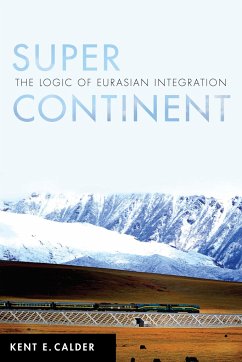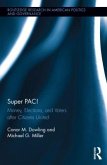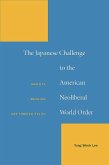A Eurasian transformation is underway, and it flows from China. With a geopolitically central location, the country's domestic and international policies are poised to change the face of global affairs. The Belt and Road Initiative has called attention to a deepening Eurasian continentalism that has, argues Kent Calder, much more significant implications than have yet been recognized. In Super Continent, Calder presents a theoretically guided and empirically grounded explanation for these changes. He shows that key inflection points, beginning with the Four Modernizations and the collapse of the Soviet Union; and culminating in China's response to the Global Financial Crisis and Crimea's annexation, are triggering tectonic shifts. Furthermore, understanding China's emerging regional and global roles involves comprehending two ongoing transformations-within China and across Eurasia as a whole-and that the two are profoundly interrelated. Calder underlines that the geo-economic logic that prevailed across Eurasia before Columbus, and that made the Silk Road a central thoroughfare of world affairs for close to two millennia, is reasserting itself once again.
Hinweis: Dieser Artikel kann nur an eine deutsche Lieferadresse ausgeliefert werden.
Hinweis: Dieser Artikel kann nur an eine deutsche Lieferadresse ausgeliefert werden.








